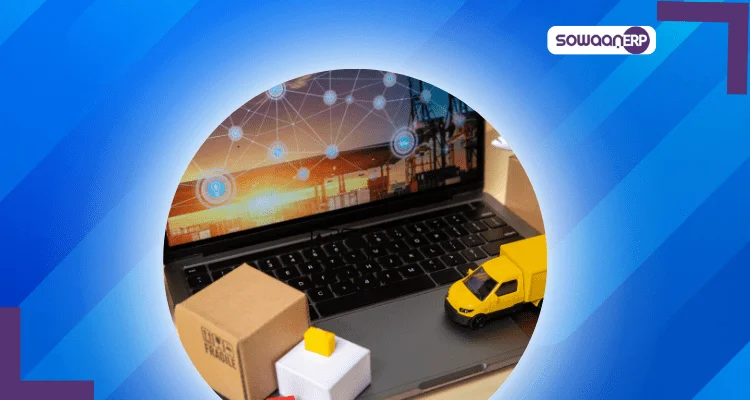
In the fast-paced world of wholesale distribution, it’s important to have an effective and efficient Enterprise Resource Planning (ERP) system. ERP systems make business processes more efficient, increase efficiency, and help people make better decisions. But when picking the best ERP for wholesale distribution, companies often have to choose between cloud-based and on-premises systems.
In recent years, the best ERP for wholesale distribution like ‘’sowaan’’ have become very popular because they offer many benefits to wholesale wholesalers. Scalability is one of the best things about it. With open-source distribution ERP, businesses can easily change the size of their activities to meet their needs. This gives wholesale distributors the ability to respond quickly to changes in the market, such as expanding to new sites or dealing with seasonal changes.
Cloud-based ERP systems also make it easier for people to use them. Distributors can access their wholesale distribution software small business ERP system from anywhere with an internet link. This lets them work from home and makes working together easier for teams in different regions. This makes employees more flexible and efficient because they can get real-time data and make choices while on the go.
Also, ERP for sales and distribution are often updated and maintained regularly, so businesses don’t have to worry about their IT infrastructure. This makes it easier for IT teams inside the company to focus on important projects instead of routine system maintenance. Also, cloud-based ERP systems usually have better security because they store data in safe data centers and use more advanced encryption protocols.
On the other hand, some wholesale distributors still prefer on-premises ERP systems installed and managed on the company’s servers. Data control is one of the best things about on-premises ERP. Businesses have complete control over their data, which can be important for companies dealing with sensitive customer information or working in fields with many rules.
On-premises ERP systems also usually give you more ways to customize them. Wholesale wholesalers can change the system to fit their needs and easily connect it to other systems already in place. With this level of customization, businesses can improve their routines and automate processes, which makes them more productive and efficient.
Costs are also easier to plan for with on-premises ERP systems. On-premises ERP systems cost money upfront, while cloud-based ERP systems often have monthly or yearly subscription fees. Once the system is up and running. However, most of the ongoing costs are limited to maintenance and rare upgrades. Businesses that plan their budgets for the long run can benefit from this predictability.
Wholesale distributors should consider their needs and goals when deciding between cloud-based and on-premises ERP systems. Cloud-based ERP is often a better fit for companies that want to scale, have easy access, and have less IT work. On the other hand, on-premises ERP might be better for people who care more about data control, flexibility, and knowing their costs.
In the end, cloud-based and on-premises ERP systems offer bulk distribution businesses different benefits and things to think about. Ultimately, a company’s goals, budget, and long-term growth plan will determine which ERP is best for wholesale distribution. By carefully weighing the pros and cons of each method, businesses can make an informed choice and put in place a strong ERP system that drives efficiency, productivity, and success.
Remember that time is money in the world of wholesale marketing. So, choose your ERP system carefully to keep your business ahead of the curve and competitive in a market that is always changing.
Conclusion:
In short, when selecting the best ERP system for wholesale distribution, it’s crucial to consider your long-term growth strategy and evaluate the pros and cons of each approach. By making a well-informed decision, you can implement an ERP system that becomes the “secret sauce” to drive efficiency, productivity, and success in your wholesale distribution business.






